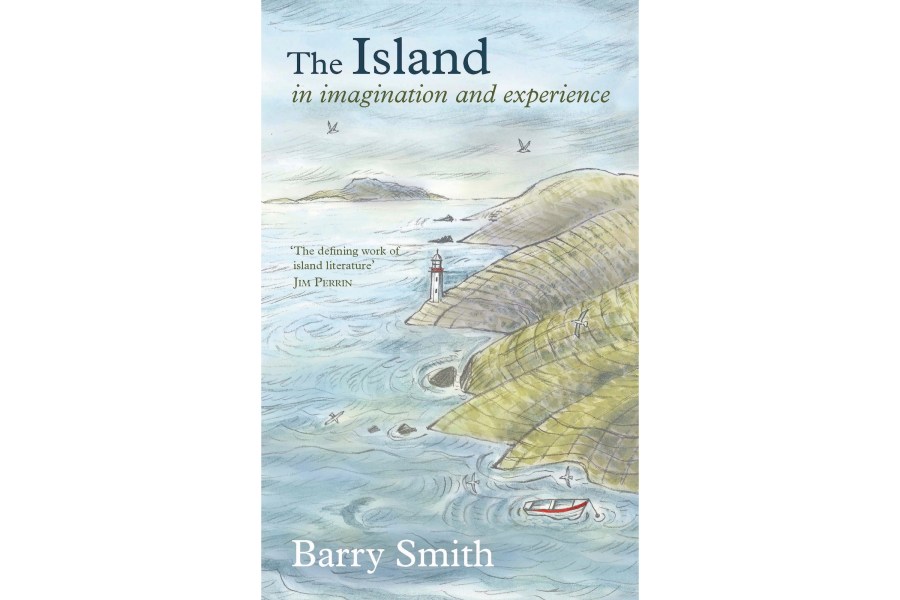Jim Perrin reviews a ‘fascinating, scrupulous, angry’ book
John Donne’s warning that “No man is an island” notwithstanding, I suspect most of us at some level are islomanes. This crowded planet induces longings for distance and remove. When you stand on top of The Saddle or Gars-bheinn and look west, those scraps of land floating against the sunset in the Hebridean Sea have infinite allure:
“Enisling water pressing insistently upon one’s consciousness creates the impression that an island may be viewed at a glance, its fine detail explored in a day and so made intimate. Here is somewhere one may soon become master, a domain where inaccessibility and remoteness render it free from mainland influence.”
A romantically egotistical instant gratification about them, then? People of my generation from childhood were steeped in a certain kind of island literature: Robinson Crusoe, The Swiss Family Robinson, Coral Island. I read all of these and more while at primary school. Kidnapped and Treasure Island too – they tempered a romanticism that was ultimately shaken in my teens by Lord of the Flies. But like the castaway constructing his escapist’s boat from materials salvaged out of the wreck, I re-assembled a workable wild myth out of the writings of J.M.Synge, Peig Sayers, Tomas O’Criothain, Moiris O’Suillebhain, Brenda Chamberlain, Lucy Irvine. Now that makeshift craft has foundered on the reefs of geo-political reality, on the thundering contingent surf that courses through Barry Smith’s magisterial study of island histories and political geographies. It is a harrowing, enthralling piece of work that bears comparison with John Prebble’s equally dense, equally passionate classic, The Highland Clearances.
I should confess an interest here, and hope you won’t think it leads me into bias. The number of friends I’ve lost through honest reviewing should tell you I’m alert to that danger. Barry Smith has been a friend of mine for nearly 50 years; was one of the best climbing partners I ever had; someone I worked closely with at outdoor centres; who lives quite near me now in the Pyrenean foothills of Ariege. For all that, if he’d written a bad book I would tell you so – in as kindly a way as I could, no doubt.
Thank heavens I’m spared that invidious task. When I first read The Island in draft form several years ago, I was struck by the richness, the unexpected nature of the material given its theme, the perspectives it gave into the mind of someone I thought I knew well. This is a very serious book, scholarly, dense, closely argued, precisely written, and profoundly troubling on many levels in the questions it raises about the world and those governments and individual adventurers and entrepreneurs who so carelessly and greedily exploit its resources and its peoples.
“One [Chagos islander] expressed the trauma of events, of being uprooted from where she and three generations of her family were born and where she had mothered six children: ‘What I can’t forget is the fear and uncertainty for myself and my family. When we got to the Seychelles, the police were waiting for us. They marched us up the hill to a prison, where we were kept in cells until the boat was ready to take us on to Mauritius. I suppose we took some hope in the promise that in Mauritius we would be granted a house, a piece of land, animals and a sum of money. We got nothing.’”
The reason for the deportation of these people by the British government was so that their home island could be leased to America for a military base, in return for which favour Britain received a substantial discount off the price of Polaris submarines. Read this fascinating, scrupulous, angry, scholarly book and be appalled and ashamed. Jim Perrin
The Island in imagination and experience by Barry Smith is published by Saraband (£12.99)
This review was first published in the July 2017 issue of The Great Outdoors








